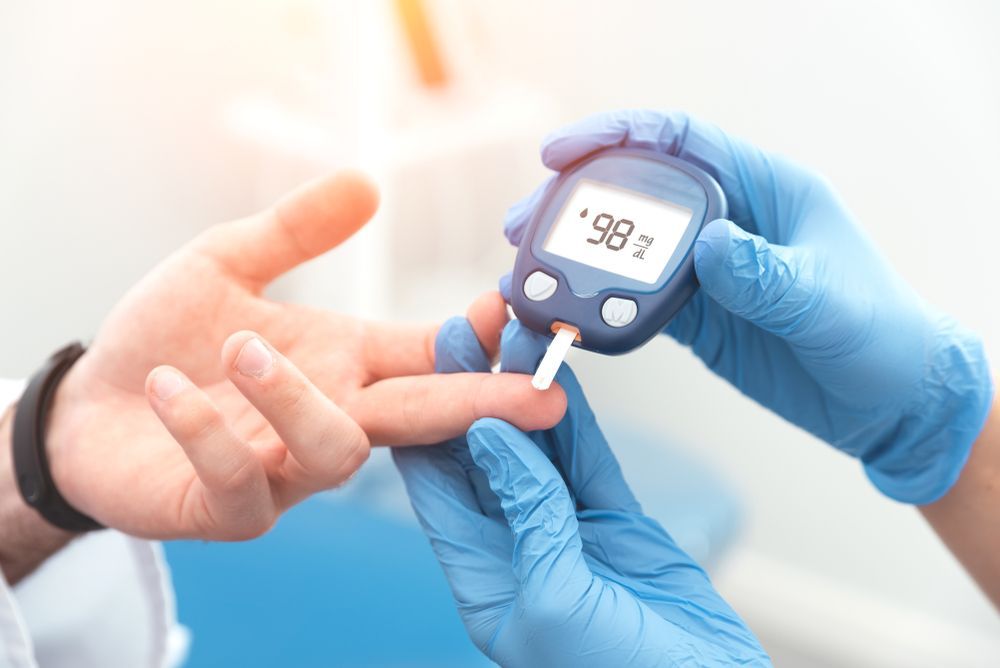How Cardiovascular Exercise Improves Your Heart Health and the Associated Benefits
Firstly, the heart is a muscle, it is responsible for pumping oxygenated blood throughout the body so the oxygen can be used by the working muscles. When performing cardiovascular exercise, blood flow is directed towards the working muscles and away from the areas that aren’t doing much (like the arms during running). There is also increased blood flow, and blood volume returning to heart therefore, it must work harder and this is done by increasing the rate at which it pumps blood (heart rate).
The issue with increasing heart rate is that there are limits, instead of the heart rate reaching 300 bpm the heart adapts in other ways. Long term adaptations of the heart are that the left ventricle enlarges, meaning more blood can pour into the heart, and the ventricle walls get stronger, this allows the heart to become more efficient and pump more blood per heartbeat (stroke volume).
Some of the many benefits if having a more efficient heart include:
Lower blood pressure: A healthy heart pushes out more blood with each beat, enabling it to function more efficiently. This decreases stress on the heart and surrounding arteries, potentially reducing blood pressure. If you have high blood pressure, cardiovascular exercise may help lower it. If you don’t have high blood pressure, exercise may help prevent it from rising as you age.
Improve blood flow: Regular cardio-based physical activity enables the heart to achieve improved blood flow in the small vessels around it, where blockages of fatty deposits can build over time. Better circulation in these areas may prevent heart attacks. Evidence even shows that exercise can cause the body to create more physical connections between these small blood vessels, meaning the blood has more ways to travel to where it needs to go.
Improve workout efficiency. As you begin a new workout routine that includes cardio activity, it may take a while for your body to adjust to the faster pace. But the more routine exercise becomes, the quicker your body pulls needed oxygen from your blood during workouts. Because of this, people who work out regularly have hearts that perform better under stress and are less winded during exercise activities. Regular cardio also allows your body to recover more quickly after exercise.
Decrease risk of heart disease, stroke and diabetes. Studies show regular exercise helps reduce the risk of coronary heart disease as much as 21 percent for men and 29 percent for women. Additionally, active people have 20 percent less chance of stroke. Regular exercise also helps keep blood sugar levels in a healthy range and, in turn, helps lower risk for pre-diabetes and type 2 diabetes.
Promote other heart-healthy habits. According to the American Heart Association, regular exercise can help you maintain a healthy weight, make better nutrition choices, decrease stress and improve your mood.
How to get started improving your heart health?
If you have a cardiovascular condition or just want to improve the health of your heart get in contact with us on 1300 869 169. We can help set you up with safe and tailored program that is suited for you!












